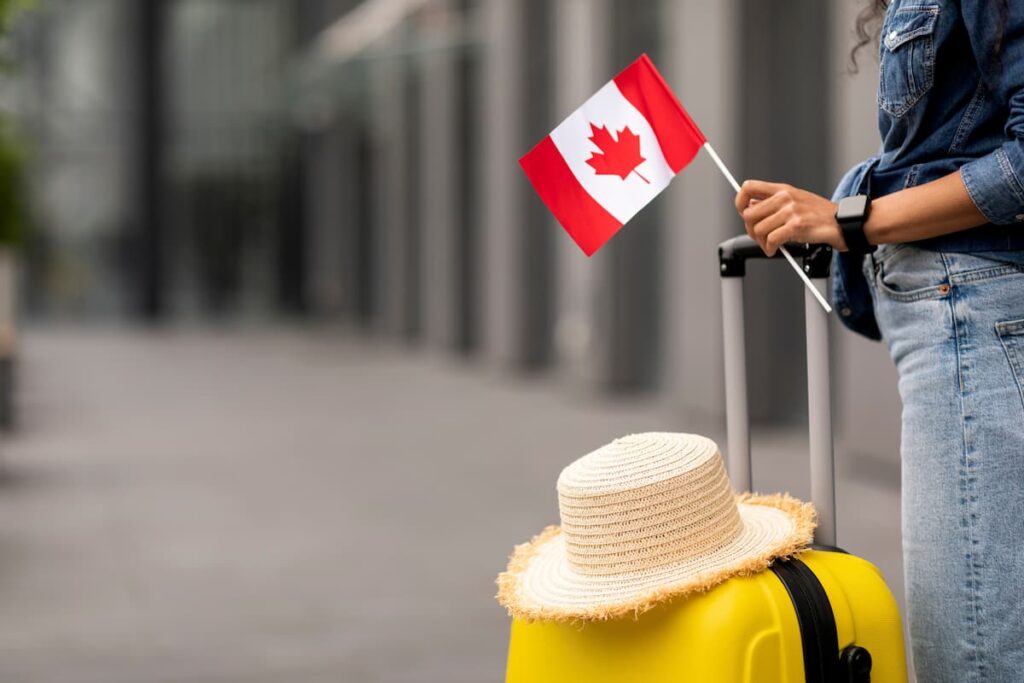Cross-Border Tourism Faces Sharp Declines
For decades, Canadian tourists have been a vital part of the northern US economy. From Vermont to Washington, businesses have grown accustomed to a steady influx of visitors crossing the border to enjoy beaches, golf courses, mountain trails and lakeside resorts. Now, as political tensions and currency challenges disrupt travel patterns, northern states are facing a sharp decline in Canadian visitors, raising concerns across the region.
Kristy Kennedy, vice president of marketing for the North Country Chamber of Commerce in New York, described the situation as unprecedented. Hotel and campground bookings have slowed, marinas see fewer boats, and entire communities are feeling the financial strain. “Our leisure travel market is about 70% Canadians — it’s a very large part of what we do,” Kennedy said.
The spring season has seen declines of up to 30% at businesses like Bluff Point Golf Resort in Plattsburg, New York. Owner Paul Dame called the situation “disheartening” and directly linked the drop to recent political developments. Cancellations began mounting after statements by President Trump suggesting Canada should become the “51st state,” further unsettling potential visitors.
Businesses Respond with ‘Canadians-Only’ Incentives
In response, local businesses and tourism boards have launched creative strategies to lure back their northern neighbors. On June 1, the North Country Chamber of Commerce introduced the “Cross-Border Specials” campaign, offering exclusive discounts and perks for Canadian visitors.
Hotels such as Bluebird Lake Placid now provide a 30% discount for Canadians through August, while Bluff Point Golf Resort adds incentives like free Callaway Canada golf balls. Other businesses, like Adirondack ElliptiGO in Plattsburg, offer free rentals of their stand-up elliptical bicycles to Canadians presenting valid ID. Owner Donald Moore partnered with nearby Cabana Beach Bar to provide vouchers for drinks, enhancing the appeal for visitors seeking relaxation by the lake.
In Vermont, the pattern is similar. Kingdom Trails Association in East Burke reports that Canadian visitors, who once made up a significant portion of mountain bikers, have halved since last year. “They let us know they love Kingdom Trails, but they would not be coming this summer,” said executive director Abby Long. The loss affects not only the trails but also the restaurants, shops and accommodations dependent on tourist spending.
Jay Peak Resort in Vermont has also been hit hard, with Canadian visitors historically making up half of its overall traffic, and 60% in the summer. “There will almost certainly be a reduction in workforce if we don’t get this turned around,” warned general manager Steve Wright. To remain competitive, Jay Peak continues its “at-par” pricing policy, allowing Canadians to pay in Canadian dollars at US rates, offsetting the unfavorable exchange rate.
Statewide Campaigns Aim to Reverse the Trend
Efforts to revive cross-border tourism are expanding beyond New York and Vermont. In Maine, Governor Janet Mills recently introduced new bilingual signs along highways and entry points welcoming Canadian visitors with “Bienvenue Canadiens.” Portland-based hotels now offer discounts of up to 15%, while Kennebunkport Resort Collection’s “O Canada” package includes special rates and complimentary champagne.
Washington State tourism groups launched the “Open Arms for Canada” campaign, featuring weekend-long 30% discounts at various attractions, including Seattle’s Pacific Science Center and Semiahmoo Resort near the border. “It’s our way of saying, ‘We’re glad you’re here, and we’re on your side,’” the campaign’s message reads.
In Montana, Canadian hotel bookings dropped by 73% between January and March. Diane Medler, executive director of Discover Kalispell, emphasized the severity of the situation, with some hoteliers reporting single cancellations by Canadian tour groups translating into $35,000 losses. North Dakota has already lost an estimated $13.4 million in Canadian visitor spending.
Economic Stakes Extend Beyond Border Communities
The consequences of declining Canadian tourism extend across the entire US economy. Canadians spent over $20 billion in the US last year, supporting around 140,000 American jobs, according to the U.S. Travel Association. A modest 10% decline in spending would result in a $2 billion loss, but early data suggests the drop could be even steeper.
April car trips by Canadian residents to the US were down 35.2% year-on-year, marking the fourth consecutive monthly decline. Air travel figures also fell nearly 20% compared to 2024. Communities like Point Roberts, Washington, which rely almost entirely on Canadian tourism, report restaurant business down by 50%, while gas stations and grocery stores remain unusually quiet.
The potential long-term impacts of this decline have both red and blue states worried. As Wayne Lyle, president of the Point Roberts Chamber of Commerce, summarized, “It’s been a huge impact.” Without a reversal, the absence of Canadian tourists could reshape the economic landscape of northern US states for seasons to come.


